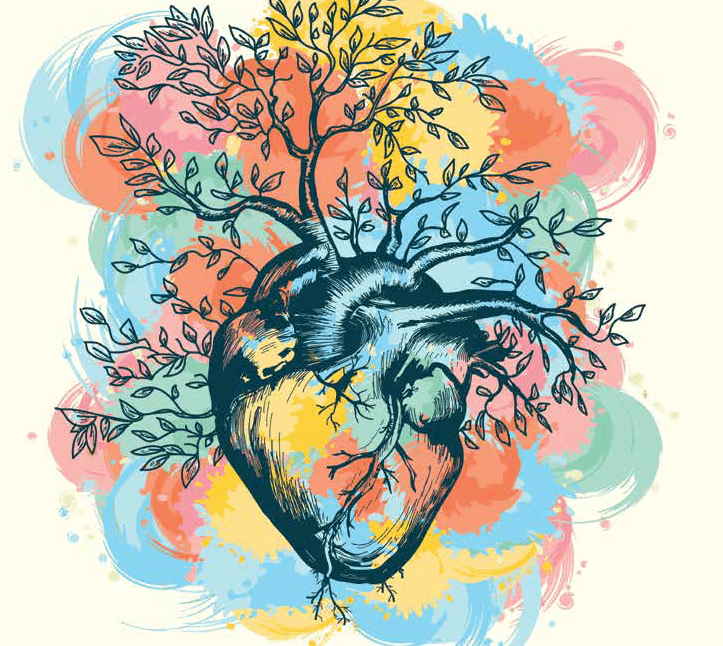There is low civil society mobilization for NCD policies in low- and middle-income countries (LMICs) despite a growing NCD burden. While existing research explains low mobilization largely through constraints such as inadequate funding and capacity at the organizational level, we explore the issue from the perspective of people living with NCDs and ask how lay understandings of hypertension may inform potential mobilization for multisectoral policy actions by people living with hypertension. To explore this question, we develop a theoretical framework that casts mobilization as a function of people’s recognition of disease importance, attribution of NCD risk factors to government policies, beliefs about who bears responsibility for NCD prevention and management, and beliefs around efficacy of multisectoral policies. We present findings from 45 semi-structured interviews with people living with hypertension in a qualitative study in Chennai, India. Our thematic analysis reveals that respondents can dedicate limited time and resources to actions around hypertension. People living with hypertension also strongly internalize responsibility for developing and managing their condition and focus primarily on achieving lifestyle changes. Instead of demanding multisectoral policy action around hypertension, respondents recommend that government actions focus on measures that enable their lifestyle changes, such as increasing awareness and health care capacities, and express doubts about the efficacy of government policies. Our findings expand existing theories around mobilization by revealing how people’s own understanding of their illness, its risk factors and their underlying drivers, as well as their perception of challenges in NCD policy making can present barriers to mobilization around multisectoral policies. Theory on health social movements would benefit from a deeper integration of individual perspectives and a closer consideration of the specific challenges of living with NCDs given the local context.Copyright © 2021 The Authors. Published by Elsevier Ltd.. All rights reserved.
Understanding low mobilization for non-communicable diseases among people living with NCDs: A qualitative study on hypertension in urban South India.


